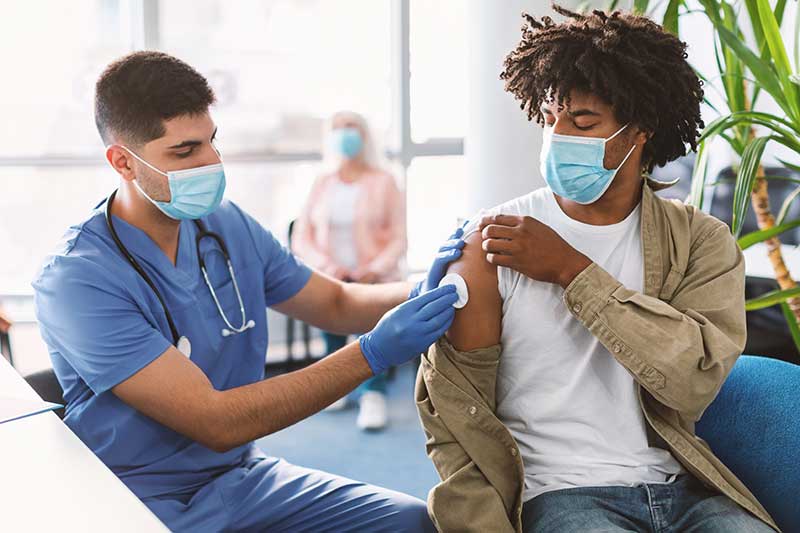If left untreated, hepatitis, a group of liver diseases characterized by inflammation, can have severe health consequences. By understanding how hepatitis is transmitted, implementing preventative measures, and receiving the necessary vaccinations, you can significantly reduce your risk of contracting this potentially fatal disease. In this comprehensive guide, we will delve into the nuances of hepatitis, discuss prevention strategies, and stress the importance of vaccination in preventing hepatitis.
Comprehending Hepatitis
To effectively prevent hepatitis, it is necessary to understand the various types and modes of transmission:
Hepatitis A (HAV) is typically transmitted via the fecal-oral route, typically through contaminated food or water. Inadequate sanitation and hygiene may contribute to its proliferation.
Hepatitis B (HBV) is transmitted through blood, sperm, vaginal fluids, and other physiological fluids. This can occur through sexual contact, sharing syringes, or during childbirth from an infected mother.
Hepatitis C (HCV) Primarily transmitted through exposure to infected blood; frequently associated with intravenous drug use, hazardous medical procedures, or needle sharing.
Hepatitis D (HDV) is only transmitted in conjunction with hepatitis B and can worsen HBV infection.
Similar to HAV, Hepatitis E (HEV) is transmitted through the consumption of contaminated food and water.
Preventive Advice
Now, let’s examine some practical measures you can take to reduce your hepatitis risk:
- Handwashing after using the restroom, before meals, and when handling food is essential for reducing the risk of hepatitis A and E. In addition, maintaining sanitary living conditions and secure water sources can aid in preventing the spread of HEVs.
- Utilizing barrier methods such as condoms during sexual activity can protect against the transmission of hepatitis B and C. Additionally, it is essential to be aware of your partner’s hepatitis status and to pursue vaccination if necessary.
- Needle Safety: If you are considering a tattoo, piercing, or medical procedure involving needles, ensure that the equipment is sterile, single-use, and disposed of appropriately. This is particularly important for preventing hepatitis B and hepatitis C infections.
- Sharing personal items such as razors, toothbrushes, and needles can result in the transmission of hepatitis B and C, as these items can contain traces of infected blood.
- Food and Water Safety: When traveling to areas with questionable water sources, be sure to consume only food that has been properly cooked and to drink only clean, safe water. This practice can reduce the likelihood of contracting hepatitis A and E.
Immunization: Your Protection Against Hepatitis
Vaccination is one of the most effective means of protection against hepatitis. Let’s examine the available vaccines more closely:
- The hepatitis A vaccine is highly efficacious and offers long-lasting immunity. It is recommended for minors, certain high-risk groups, such as travelers to endemic areas, and individuals with chronic liver disease.
- Hepatitis B Vaccine: The hepatitis B vaccine, administered as a series of shots over several months, is recommended for all neonates and is essential for individuals at risk due to occupation, lifestyle, or medical conditions.
- Vaccine for Hepatitis C: There is currently no vaccine for hepatitis C. Avoiding hazardous behaviors, adhering to safe injection practices, and getting tested if you believe you may have been exposed are the primary methods of prevention.
The conclusion
Hepatitis is a severe health concern that necessitates proactive prevention measures. You can take charge of your health and significantly reduce your risk of hepatitis by practicing good hygiene, engaging in safe behaviors, and taking advantage of available vaccinations. Consult your healthcare provider for guidance and immunization if you have questions about your vaccination status or hepatitis concerns.
Remember that prevention is the cornerstone of hepatitis control, and by diligently adhering to these in-depth recommendations, you can significantly reduce your possibilities of contracting this potentially life-altering disease. Remain informed, secure, and hepatitis-free. Investing in your wellbeing is worthwhile.



